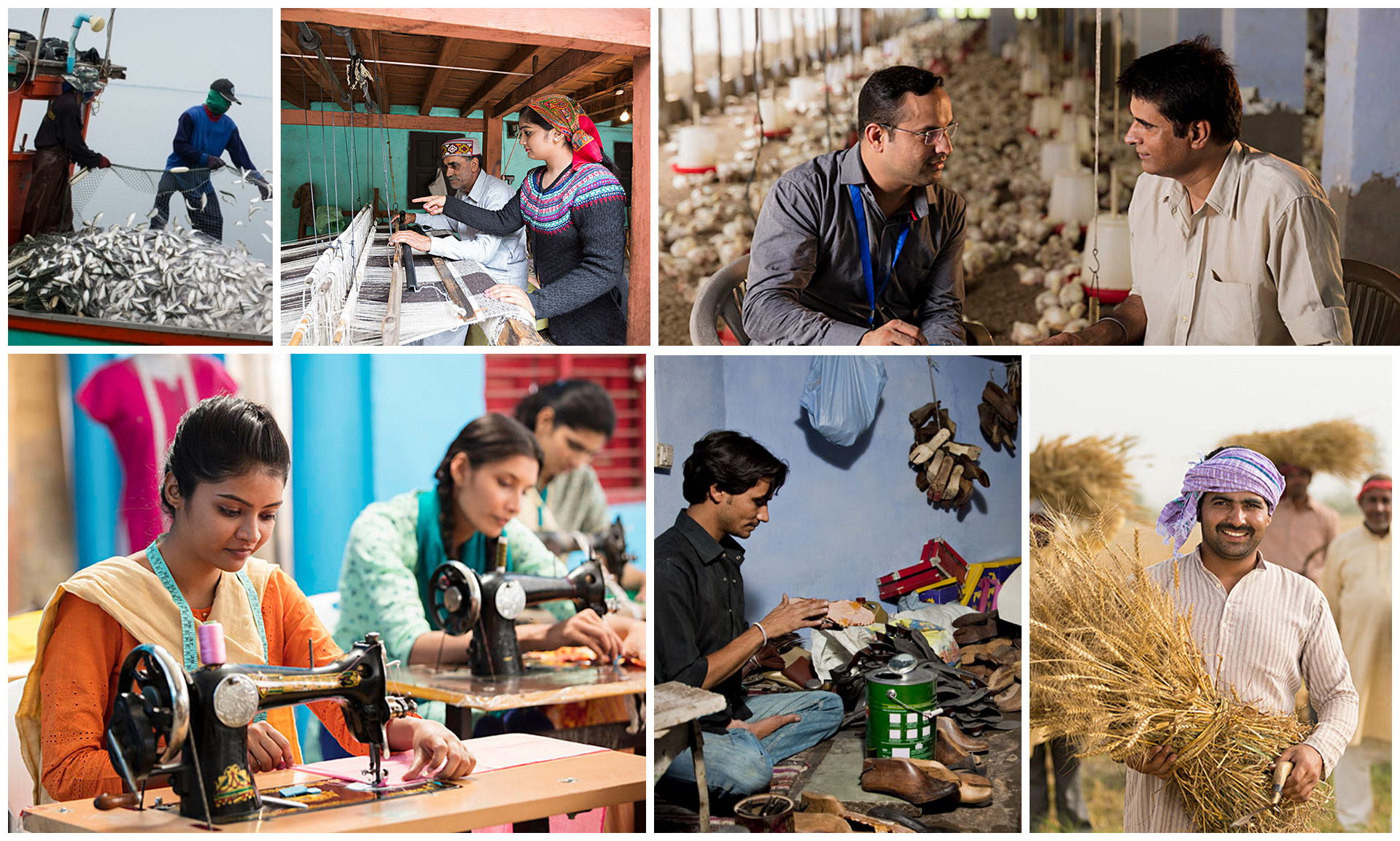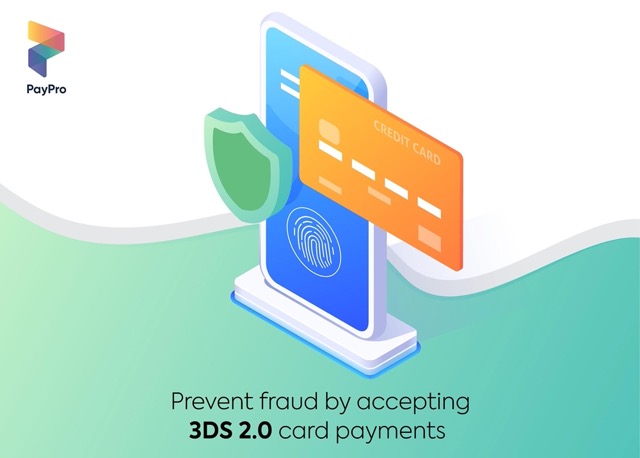
The power of digital and social platforms has helped millions of Micro, Small and Medium Sized Enterprises (MSMEs) in continuing their day-to-day business activities in these harsh times of the COVID19 Pandemic. Aligned with the UN’s Sustainable Development Goal of a greener and fairer economy, PayPro has been enabling and empowering many MSMEs by enabling electronic invoicing and bill presentment to their customers and providing them with cashless payment collection solutions.
Importance of MSMEs in the Economy
Worldwide, MSMEs play the most important role for an economy. SMEs are roughly 90% of businesses and more than 50% of global employment. Formal SMEs in emerging economies can account for up to 40% of the national income (GDP). These figures increase immensely if we include informal SMEs.
MSMEs are the backbone of global economies and according to research, 600 million new jobs will be needed by the year 2030 to accommodate the world’s growing workforce, making MSME development a top priority for many governments around the world as small and medium-sized enterprises generate majority of formal jobs in emerging markets.
In Pakistan, there are almost 3.3 million formal Small and Medium Enterprises which include manufacturing units, service providers, and startups operating in various industries whereas the No. of informal businesses remain unaccounted with proliferated estimations. These SMEs employ 78% of the non-agricultural labor force and make up about 25% of manufacturing exports and over 30% of the GDP of the country.
How COVID-19 have affected MSMEs
The COVID -19 pandemic had a detrimental impact on all aspects of our lives more than just our physical health. It also had an impact on the financial well-being of businesses all over the world. SMEs are fragile in nature as we know that lack of financial resources and specialized knowledge can worsen their situation. No one was prepared for such a crisis and many enterprises went out of business, employees became redundant and there seemed no way out of the downward spiral, survival for many based on digital transformation.
Impact of Digital Markets on MSMEs
As lockdowns became the new normal, it was very evident that they acted as a catalyst for digitalization and the pandemic itself became the mother of all disruptors. Businesses and consumers increasingly went digital, providing and purchasing more goods and services online, raising the share of e-commerce of global retail trade from 14% in 2019 to around 17% by the end of 2020. Even small supermarkets are now accepting digital orders and payments. Although the lockdown has been relaxed, but customers are becoming more and more accustomed to this convenience. It would not be wrong to say that the digital markets have saved businesses and assisted MSMEs in recouping their losses and constant innovation to better experiences have reshaped the perception of both businesses and customers in this eveolving market.
What Pakistan’s Government has in Store for MSMEs
The government of Pakistan has launched the ‘Digital Pakistan’ initiative which aims to implement digital systems in all departments across the board. This is a welcome step as it eliminates information asymmetry that exists within the industries. To assist MSMEs in recovering their losses, government loans are disbursed and collected digitally. Under a scheme, commercial banks will provide collateral-free loans to SMEs for terms of up to three years. As there is a significant shift in the digitalization of the economy, MSMEs will be in a better position in the near future with the assistance of the government.
The challenges that Pakistan’s SME sector faces, and their potential remedies were recently underscored at the Pakistan Innovative Finance Forum co-organized by Karandaaz Pakistan and The ADB Institute (ADBI).
The sector’s low access to credit due to unavailability of tailored financing solutions from banks, the requirement for adequate collateral, and lack of documentation, and poor cash flow management on the SMEs’ part were also discussed at length during the conference. Initiatives to support women entrepreneurship have also been very significant throughout the past year with mainstream media campaigns inviting women who own small businesses to get access to funds and scale up their business.
Mahak Salman
Business & Marketing Associate




